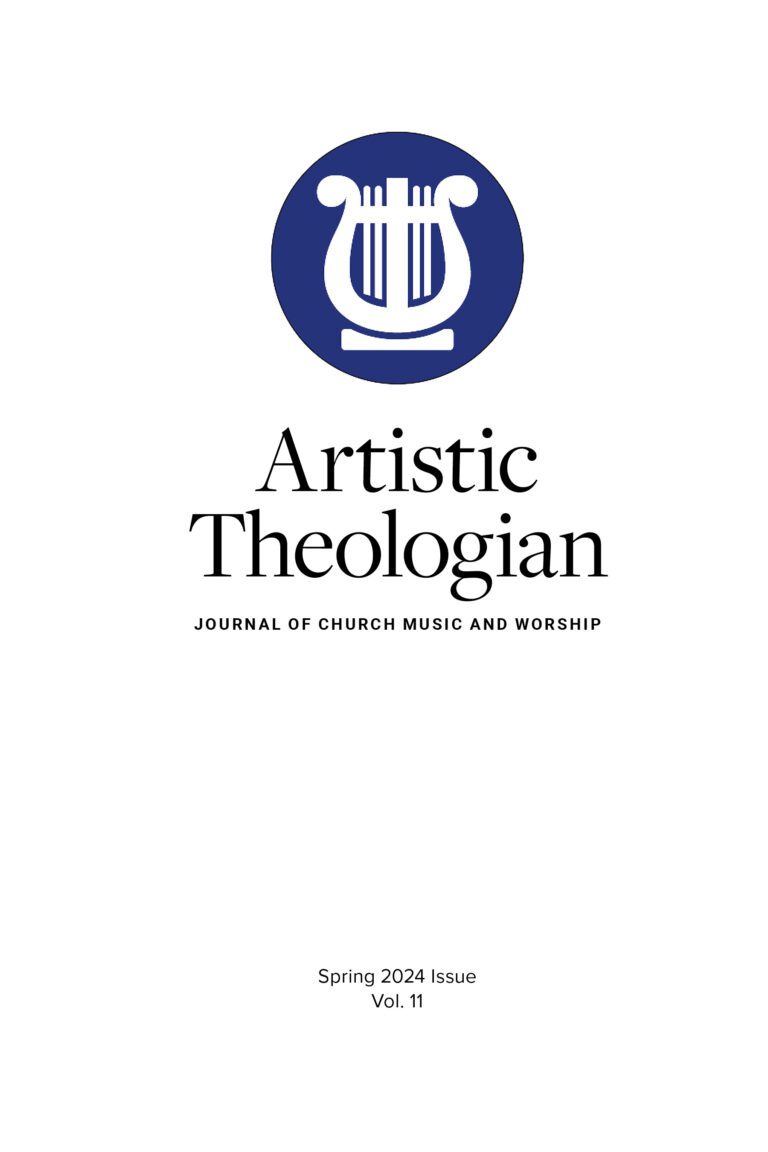
The Relationship of Doxology and Doctrine
Artistic Theologian
Volume 11, Summer 2024
Editor: Joshua A. Waggener
Benjamin Keach And The Development Of Baptist Traditions In Seventeenth-Century England. By David A. Copeland. Lewiston, Ny: Edwin Mellen Press, 2001. 204 Pp. $179.95.
David A. Copeland, emeritus professor of communications at Elon University, earned theological degrees from Southeastern Baptist Theological Seminary and a doctorate in mass communications from the University of North Carolina. He has authored twelve books and edited over thirty books on media history.
Benjamin Keach and the Development of Baptist Traditions in Seventeenth-Century England was written to affirm Keach’s contribution to the evolution of Baptist principles. Copeland details Keach’s faith journey and ministry practices. Copeland’s journalism work and church history background uniquely qualify him to tell Keach’s story.
The work consists of five sections: an overview of the seventeenth century, a survey of the strife surrounding Keach, the tenets of being Baptist, the congregational song controversy, and a summary of Keach’s beliefs and contributions. The four appendices contain bibliographies of Keach’s works: an annotated bibliography from Copeland; one from Thomas Crosby, who was also married to Keach’s daughter; one from historian Walter Wilson; and a list of works attributed to Keach but not included in the work of Crosby or Wilson.
Copeland describes the contentious religious landscape of seventeenth-century England. While the monarchy was crumbling, Anglicans and Presbyterians battled for control. During this upheaval, some English Calvinists were baptizing believers by immersion. When the fight was over, Baptists had become entrenched in London. Copeland outlines Keach’s influence on Baptist thought, noting, “He defended believer baptism vehemently; he defended his minority position of laying on of hands to baptized believers all of his life; he voiced the necessity of a minister’s maintenance to support minister’s full-time pay” (3).
The disputes in which Keach was embroiled are detailed in chapter 2. He was imprisoned briefly for writing The Child’s Instructor in 1664, two years after the Act of Uniformity (19). This catechism taught infants should not be baptized, laymen could preach, and Christ would reign personally on earth (20). These tenets directly contradicted Anglican church teachings. Keach’s feuds with Henry Danvers over the laying on of hands, his feuds with General Baptists over election, his support of paying ministers, his support for closed communion, and his defense of the Sunday Sabbath are each addressed.
Chapter 3 provides an overview of Baptist beliefs. Copeland emphasizes the Baptist view of the ordinances, which for Keach included the Lord’s Supper, baptism, and the laying on of hands. Copeland also notes Keach’s work Zion in Distress as influential in the fight for religious liberty (76).
Copeland addresses Keach’s most significant contribution to the church: congregational hymn singing. He details how the practice evolved from singing after the Lord’s Supper to singing throughout the entire service (121). While hymn singing was not unprecedented, no one prior had written as staunch a defense of the practice as Keach. The Breach Repaired in Worship: or Singing Psalms, Hymns, and Spiritual Songs Proved to be an Holy Ordinance of Jesus Christ (1691) was pivotal in establishing the practice among Baptists.
Copeland closes with a summary of Keach’s life. He excuses what some call Keach’s “hot-headed” temper and encourages the reader to consider the differences in the times in which Keach lived. He writes, “When heretics needed refuting, Keach was the man to denounce the heresies” (157).
Keach’s ideas were not original, but his prolific writing is one of the reasons these ideas continue today. To be a Baptist means you believe in baptizing believers by immersion. To have a worship gathering without singing a hymn or manmade text would be foreign to Baptists today. Many churches pay their ministers, and some practice closed communion. Although the practice of laying on hands after baptism is rarely observed, churches often lay hands on people during ordination or prayer. Copeland credits Keach with winning the battle for hymnody and “pouring the foundation for Watts” (141).
Rather than judging the merits of the arguments between Keach and his opponents, Copeland allows history to decide by stating the outcomes of the disputes. He fairly addresses the work of Isaac Marlow and others who fought with Keach. He also acknowledges the inferior writing style found in Keach’s hymns. It is no trivial matter Baptists do not sing any hymns written by the father of Baptist hymnody. Instead of fixating on Keach’s lesser poetry skills, Copeland focuses on Keach’s ability to articulate precise theological arguments.
Copeland’s writing captures the reader’s attention with a style that reads more like that of a journalist than an academician. Unfortunately, Copeland does not mention how Keach’s personal characteristics might have contributed to the disputes. He references Keach’s temper only in passing. He also fails to address the character flaws of Keach’s opponents. He treats each conflict as being only about theological issues and not about personalities, ignoring how personal issues may influence the tenor of arguments. When he does address Keach’s temper, he excuses it, writing, “The very nature of Baptist autonomy created disputes in the establishment of church polity” (156).
Benjamin Keach and the Development of Baptist Traditions in Seventeenth-Century England illuminates the world in which the Baptist faith began to thrive in England. While other denominations find historical figures to celebrate as founders, Baptist history is more muddled. This work affirms Keach’s place as one of early Baptist history’s prominent influencers. It is accessible and should be widely read, especially among Baptists. I recommend it to pastors, scholars, and laypersons interested in Baptist history.





